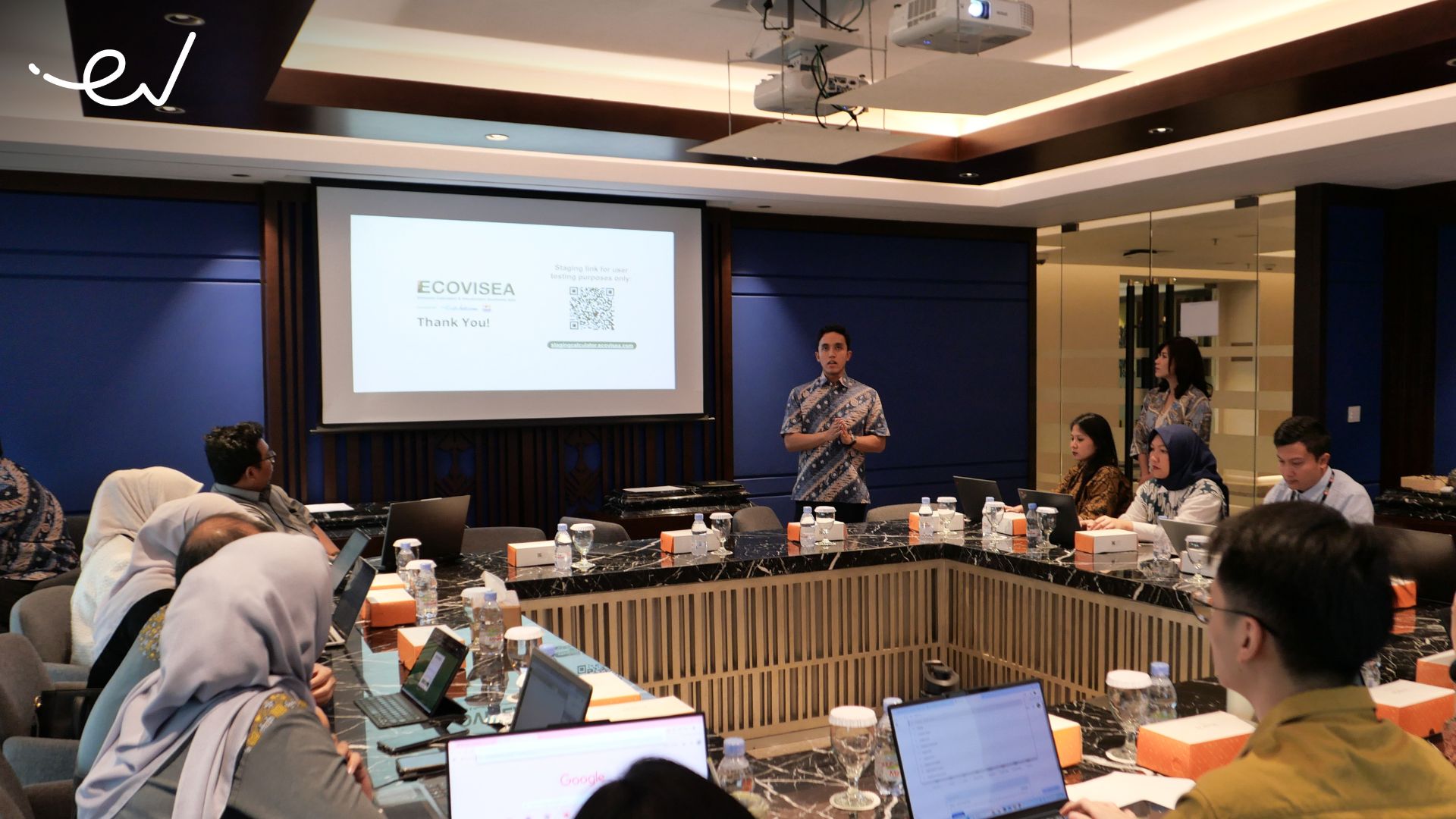A key question for investors has been on my mind for the past decade: Are great entrepreneurs born or made?
Over time, I’ve developed a thesis to address this query, validating my ideas through various cases within the East Ventures ecosystem. The answer boils down to three key elements, which I call the three Cs: capacity, character, and capability.
Capacity is innate. Like computers, some have faster processors and larger memories while others don’t.
Having capacity is an advantage in entrepreneurship. Unfortunately, an entrepreneur’s capacity – unlike a computer’s – can’t be upgraded.
Character, on the other hand, is shaped over time. Factors like geography, upbringing, family background, social culture, and religion play significant roles in forming an individual’s mental model, principles, and social compass that contribute to their character.
I believe changing a person’s character can be quite challenging once they reach adulthood since its foundation is laid out in their early years.
As for capability, it is acquired. This can happen through formal education, like schooling, or through informal learning, such as observing and getting hands-on experience.
In essence, the three Cs represent three distinct types of attributes: innate (capacity), molded (character), and acquired (capability).
This framework helps explain many of the anomalies I’ve noticed in entrepreneurs.
The 3 Cs in practice
To really grasp how the three Cs work when it comes to evaluating an entrepreneur, it’s helpful to ask a few questions. Let’s dive in.
1. Can someone without formal education become a successful entrepreneur?
Yes, it’s possible, assuming that they have great capacity and strong character. Such an individual often acquires capability informally, through hands-on experience or self-directed learning.
2. Can someone from a non-prestigious school become a successful entrepreneur?
We’ve seen this happen time and time again. Many accomplished entrepreneurs who aren’t from well-known academic institutions have acquired capability through alternative means and likely possess great capacity and strong character.
3. Why do some people who excel academically struggle as entrepreneurs?
This happens all the time. These individuals often have both capacity and capability but lack character. The absence of this key ingredient could create a blind spot for entrepreneurs.
From these examples, we can see that while possessing capability is crucial, how someone acquires it – whether in a formal or an informal setting – is less important than having strong character.
The role of privilege
Now you may be wondering: What about those born into wealth, endowed with intelligence (capacity), and educated at top schools (capability) but are lacking in character?

Based on observation, these individuals are less likely to make it as entrepreneurs. Privilege may give them a head start, but it doesn’t guarantee success. This underscores my belief that character outweighs both capacity and capability.
I have met successful entrepreneurs who were born into wealthy families and have great capacity and capability. When we look beyond the obvious and judge them on their own merits, we’ll see their character stand out. Others fail to see this because they are prejudiced and think the privileged automatically lack character.
Final observation
Have you ever encountered a successful entrepreneur who lacks knowledge or struggles to adapt to new technologies but is widely known for their strong character?
If so, this validates the idea that character is the most critical aspect of an entrepreneur.
A person’s true character is revealed under pressure and in times of crisis – not when everything is going well. Since a person’s character is molded over time, I firmly believe that great entrepreneurs are made, not born.
By Willson Cuaca, Co-Founder and Managing Partner at East Ventures. The original article was published on Tech in Asia, on 24 January 2025






